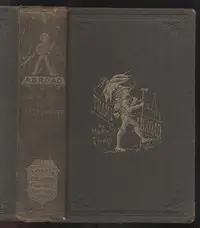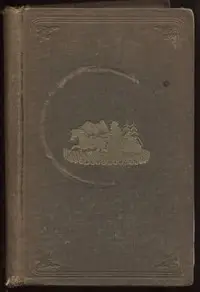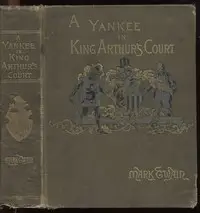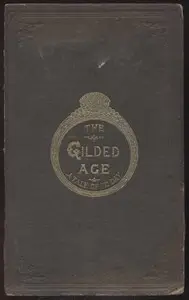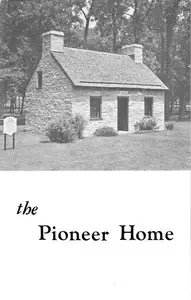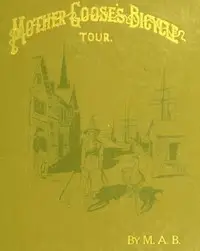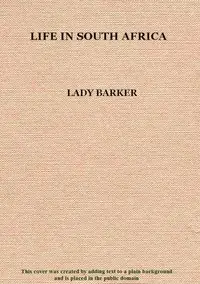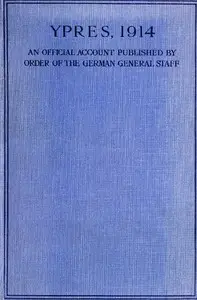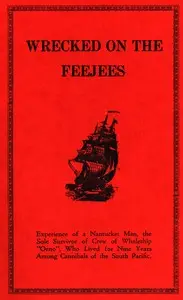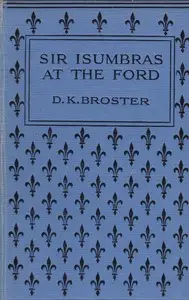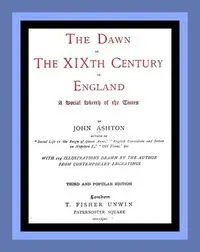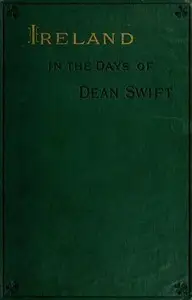"Following the Equator: A Journey Around the World. Part 6" by Mark Twain is a travel narrative composed in the late 19th century. This work continues Twain's insightful and humorous observation of various cultures and peoples as he circumnavigates the globe, focusing particularly on India in this portion. The text explores the rich tapestry of religious practices and superstitions in the city of Benares, delving into rituals at the Ganges, intricate temple descriptions, and the stark contrasts between belief and the sometimes grotesque aspects of daily life. At the start of this segment, Twain presents a satirical itinerary for pilgrims in Benares, detailing numerous religious practices that reflect the intertwining of spirituality and superstition in Hindu culture. He humorously outlines steps for purification, securing material prosperity, and even obtaining longevity through peculiar actions like bathing in sewage. Through vivid descriptions, Twain illuminates the paradoxes of faith and rituals, often casting a critical yet affectionate eye on the peculiarities he encounters. As he details his observations and interactions—from witnessing cremations to meeting a revered guru—Twain captures the essence of a vibrant, complex society steeped in rich traditions, leaving readers intrigued by the wonders and contradictions of India. (This is an automatically generated summary.)
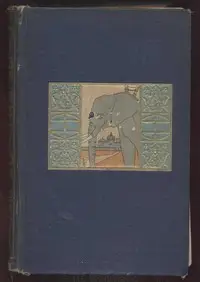
Following the Equator: A Journey Around the World. Part 6
By Mark Twain
"Following the Equator: A Journey Around the World. Part 6" by Mark Twain is a travel narrative composed in the late 19th century. This work continues...
Samuel Langhorne Clemens, known by the pen name Mark Twain, was an American writer, humorist, and essayist. He was praised as the "greatest humorist the United States has produced," with William Faulkner calling him "the father of American literature." Twain's novels include The Adventures of Tom Sawyer (1876) and its sequel, Adventures of Huckleberry Finn (1884), with the latter often called the "Great American Novel." He also wrote A Connecticut Yankee in King Arthur's Court (1889) and Pudd'nhead Wilson (1894) and cowrote The Gilded Age: A Tale of Today (1873) with Charles Dudley Warner.


